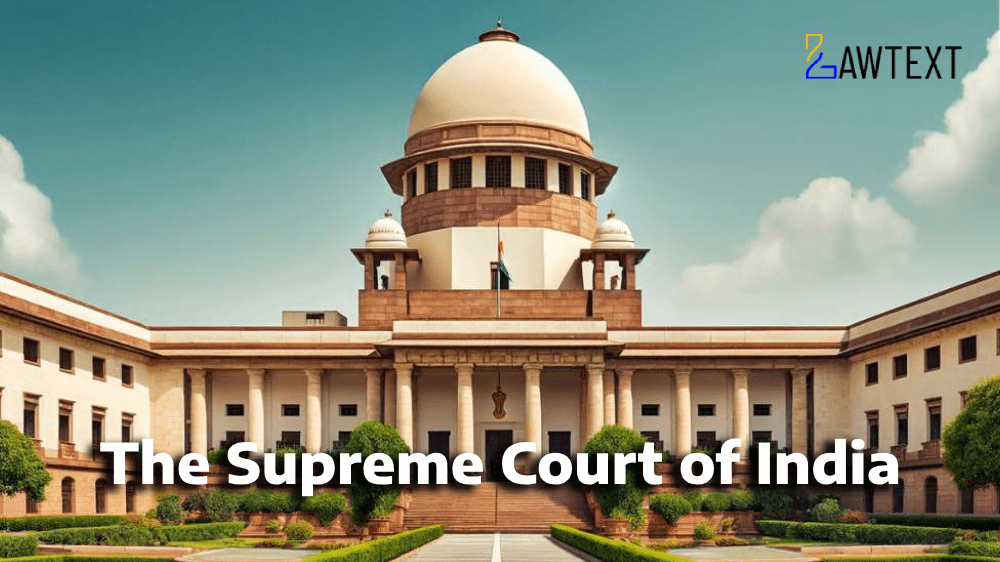

The case involves an appeal against the Allahabad High Court’s dismissal of a petition to quash a summoning order. The complaint alleges cheating and misappropriation of funds by officials of the Delhi Race Club 1940 Limited and Delhi Horse Trainers Association. The crux of the matter revolves around the non-payment of dues for goods supplied by the complainant, Vipin Kumar Agarwal.
Background of the Complaint:
The complainant’s firm, Agarwal Udyog, supplied horse feed to the Delhi Race Club from 1990. Payments were later redirected to the Delhi Horse Trainers Association. The dispute arose when a sum of ₹9,11,434 remained unpaid after 2017.
Complaint and Legal Proceedings:
After failed attempts to recover the dues, the complainant filed a private complaint, leading to a magisterial inquiry. The Additional Chief Judicial Magistrate, Khurja, issued a summoning order based on prima facie evidence of criminal breach of trust (Section 406 IPC).
High Court’s Dismissal of Quashing Application:
The appellants argued that the dispute was civil in nature, but the High Court determined there was sufficient evidence to suggest criminal intent, justifying the continuation of proceedings.
Taking Cognizance and Issuing Process:
Criminal vs. Civil Dispute:
Prima Facie Case for Criminal Proceedings:
Difference Between Criminal Breach of Trust and Cheating:
Implications for the Present Case:
The High Court’s dismissal of the quashing petition was based on a thorough examination of the evidence and legal principles. The summoning order stands justified as it reflects a prima facie case of criminal breach of trust, warranting further legal proceedings.
Citation: 2024 Lawtext (SC) (8) 234
Case Number: CRIMINAL APPEAL NO. 3114 OF 2024
Date of Decision: 2024-08-23
Case Title: Delhi Race Club (1940) Ltd. & Ors. Versus State of Uttar Pradesh & Anr.
Before Judge: (J.B. Pardiwala J. , Manoj Misra J. )
Appellant: Delhi Race Club (1940) Ltd. & Ors.
Respondent: State of Uttar Pradesh & Anr.